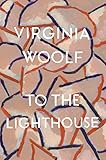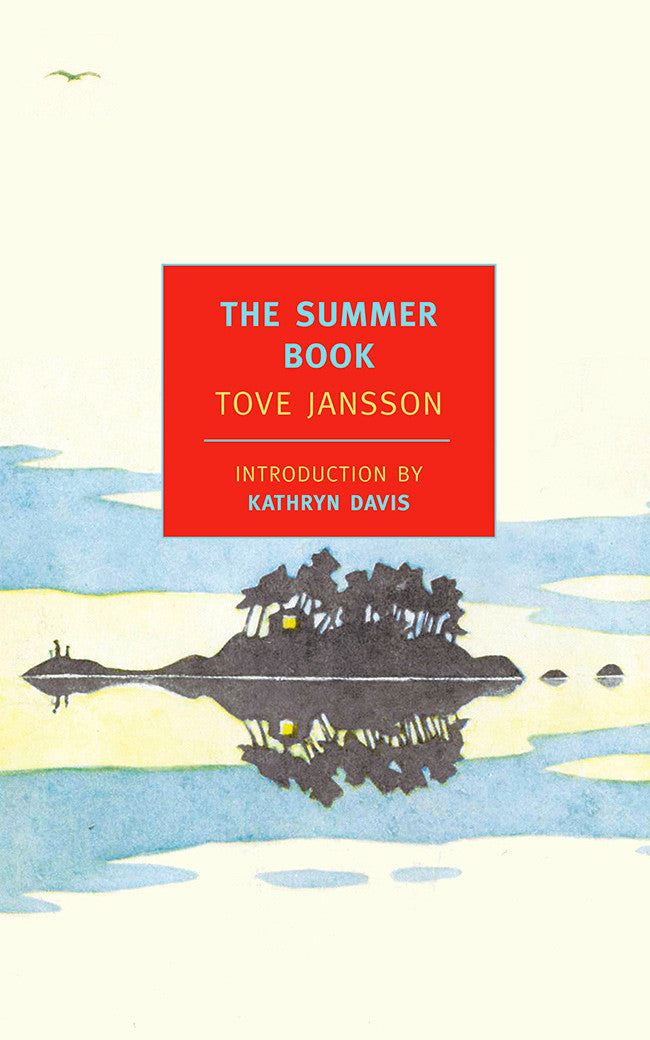
 When a friend asked what I thought was the most perfectly realized novel, I hesitated, almost said To the Lighthouse or Joyce’s Ulysses, but my heart overruled my brain, and I said what I really thought: Tove Jansson’s The Summer Book. Writing during an idyllic summer on a rocky island off the coast of Finland, Jansson managed to enter that trance-like zone of creation where effort becomes effortless and the deepest truths seem to come unbidden from one’s pen.
When a friend asked what I thought was the most perfectly realized novel, I hesitated, almost said To the Lighthouse or Joyce’s Ulysses, but my heart overruled my brain, and I said what I really thought: Tove Jansson’s The Summer Book. Writing during an idyllic summer on a rocky island off the coast of Finland, Jansson managed to enter that trance-like zone of creation where effort becomes effortless and the deepest truths seem to come unbidden from one’s pen.
Now, on the 50th anniversary of its 1972 publication, The Summer Book continues to quietly win over legions of readers around the world, though it still remains a bit under the radar. The novel’s story and style are disarmingly simple: A young child, Sophia, and her acerbic, often hilariously caustic grandmother glide through languorous island summers with Sophia’s father, who is more of a background figure rather than a fully fledged character. They are the lone residents of a small island in the Gulf of Finland, living in a rustic cabin just paces away from the often stormy and temperamental sea.
What happens? Well, not much by the usual conventions of plot: Sophia searches for her grandmother’s false teeth, lost in the garden; a friend comes to stay on the island; a recalcitrant cat won’t return human affection; Sophia and her grandmother discuss mortality amid grazing cows in a pasture. And yet the book is almost unaccountably engrossing.
With a light touch, the deftly sketched vignettes pivot from the mundane—cow pats and feral cats—to metaphysical musings on life and loss, love and happiness, art and mortality. The point of view seamlessly shifts from the precocious young child to the old grandmother so that there is a sustained dual perspective that fleshes out the otherwise skeletal narrative. The chapters are short and self-contained. Much is left unsaid—and this leaving out is the mainspring of the book’s power.
Subtly flavoring everything that happens—like a bay leaf in stew—is the fact that Sophia has recently lost her mother. This is mentioned only once, almost carelessly, but it lodges in the reader’s mind and infuses everything that follows:
One time in April there was a full moon, and the sea was covered in ice. Sophia woke up and remembered that they had come back to the island and that she had the bed to herself because her mother was dead.
Jansson quietly plants this fact, this momentous event, into the reader’s consciousness, and it is the reader, not the writer, who endeavors to probe and understand what must be going through Sophia’s mind—a masterclass in the art of less being more. In the hands of another writer, the theme of the lost mother would have been dissected and analyzed and returned to over and over. By mentioning it only once, as if in passing, without comment, Jansson activates a universe of doubts and questions conjured from within the reader’s own psyche. This reservoir of shadowy hopes and fears is magically siphoned from the reader into the book, making the novel feel as though it was written specifically for you. In this way, the book gets under your skin. You register the weight of every word, taste the salt spray as waves batter the island, huddle with the family round the fire as a storm rages outside. You become Sophia, and you become the grandmother. And, in an odd way, you become the island.
Islands were always central for Jansson—geographically, metaphysically, and artistically. In her literary imagination, islands stand for independence, succinctness, and austere beauty. They are emblems of transience amid the eternal. Sands shift, seasons change, storms rage, and shorelines disappear, but the sea remains, and a new day dawns.
Jansson spent much of her life living on isolated islands, an essential ingredient in her prodigious literary and artistic output. Islands were also a catalyst to self-knowledge. As Jansson explained in a letter to a friend: “You become different and think new thoughts when you live a long time alone with the sea and yourself.”
Early on, Jansson had gained fame and independence through her wildly popular Moomin stories for children, which she wrote and illustrated and developed into a syndicated comic strip. When, after several decades, the Moomin empire became too much for her, she handed responsibility over to her brother and retreated to her island sanctuary to write and refocus on art. Over the next three decades, a steady string of novels and short story collections alternately amazed and puzzled critics, many of them perennially aggrieved that Jansson had abandoned their beloved world of Moomin.
The Summer Book was Jansson’s personal favorite among her novels, and deservedly so. In The Summer Book, she distills her art and philosophy into a thing of perfection. As Jansson once wrote, “One mustn’t have a single unnecessary thing in a boat,” and this is also how she approached her writing. Hers is a nautical aesthetic—sentences as beautiful as a gull’s wing, dialog sharp with the tang of salt air, all daily events undergirded with the faintly heard bass line of ocean breakers crashing on the shore.
When at the age of 77, Jansson and her life partner, Tuulikki Pietila, decided it was finally time to leave the island and move back to Helsinki, they left their cabin unlocked with notes for any storm-bound fishermen or wanderers who happened by: “Don’t close the damper, it will rust shut,” or “Wool socks and stockings under the boot shelf.” In the cabin’s small “secret room,” they left a bottle of rum for anyone lucky enough to find it. The Summer Book is like that small bottle of rum left behind in a secret room. Now that you’ve found it, go ahead and pour yourself a glass.












